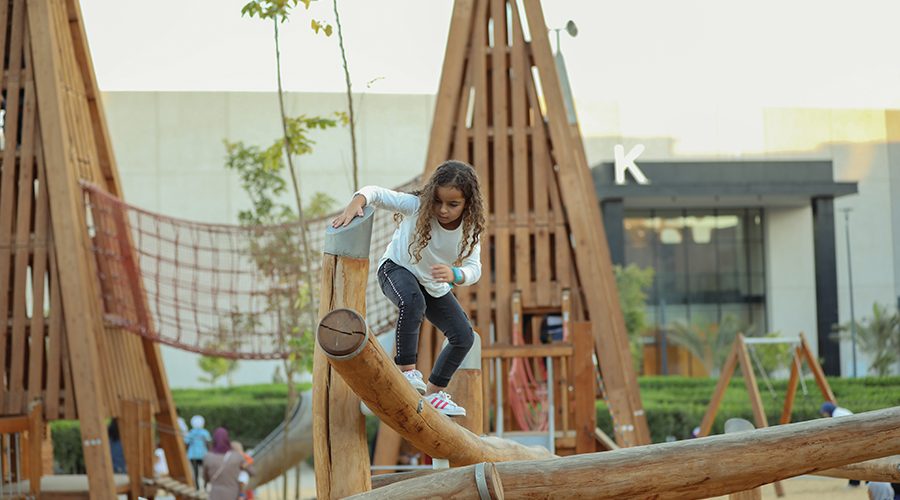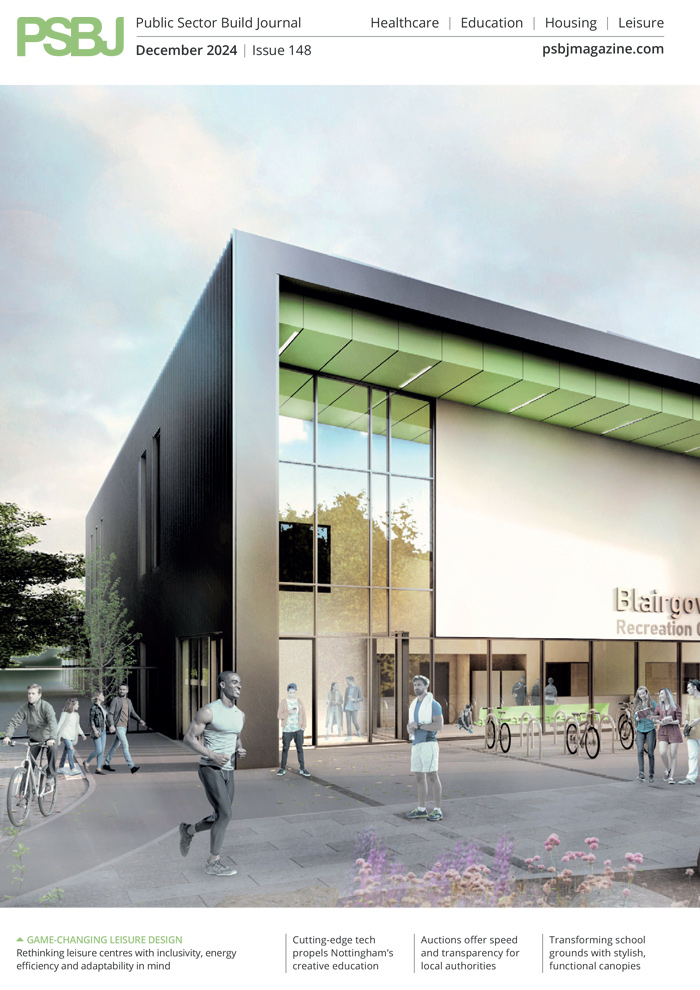Children are being increasingly micro-monitored throughout their youth. Is this approach to protecting our children actually resulting in lifelong disadvantages? Lilly Elbra from Timberplay explores the issues.
Timberplay
There are many challenges for today’s children to navigate that were non-existent until only recent times – mobile phones, anti-social online behaviour and volume of traffic for example. One thing that has seen a rise to prominence and represents a curtailment of childhood is Helicopter Parenting – something which, despite the best intentions to protect children, can actually result in children being less independent adults who have not developed the skills to effectively risk assess the daily challenges life throws their way.
Intense supervision leads to less autonomous, less socially able children who are unable to manage conflict and develop competence and confidence in their daily lives with its attendant everyday hazards.
Play providers can certainly do more to create play area environments worth exploring that offer the possibility of discovery, surprise, novelty and challenge. But parents and carers also need to be aware that over-management by adults prevents children being able to spontaneously explore and create everyday adventures, and manage social interactions with other children. Children need to play to survive and thrive. A few cuts, bruises and even a broken limb can contribute significantly to building competent capable children.
Supporting children to assess and manage hazards and challenges in an incremental way will help build their confidence and resilience. The Regulator in Scotland, the Care Inspectorate agrees: “When children play they naturally seek out elements of risk, challenge and adventure – encountering risk and challenge in this way helps build resilience, confidence and judgement.”
Beth Cooper, Creative Play Consultant at Timberplay, regularly speaks to landscape architects and play professionals about the importance of risk benefit assessment and the need for children to have autonomous experiences.
She comments: “One of the examples I regularly cite in my presentations is that of how the right to roam has been lost over only four generations. In a study about the Thomas Family in South Yorkshire, the Great Grandfather George was allowed to walk for six miles to go fishing in 1919, in 1950 the Grandfather could walk to the woods one mile away, and in 1978 Mum was permitted to walk half a mile to the swimming baths. Her son Edward was only allowed to walk the 300 yards to the end of the lane, but he had no one to play with because all the other children in the street were only allowed to go to the garden gate.
“In many cases I am aware of this has diminished further with children not being allowed out of the house without an adult. Edward and his friends are 20 this year and will be the next planners, urban designers, teachers, builders…and parents!”
With this freedom, children would have been able to develop a variety of life skills, negotiating woods, streams, paths and hills, whilst also maintaining a healthier lifestyle and spending free social time with their friends. Even meeting older, tougher kids and learning how to avoid potential flash points serve as a great life experience to help children and young adults understand how to detect and avoid potentially dangerous situations.
The environment of today is vastly different to that of 1919, the one key element for potential danger being that of the car. It is understandable that parents and carers would have reservations about children having to cross busy roads, but even when roads are quiet, carers are still reluctant to allow their children to independently go to the park or woods.
Marguerite Hunter Blair, CEO of Play Scotland, is concerned that children today are not getting the permission, time, space, resources, and independence needed to develop their own spontaneous and self-initiated play.
She comments: “Children learn when they are ‘just playing’. Variety, adventure and challenge – learning to manage risks and make choices helps build resilience into adult life. We need to be concerned that our children increasingly prefer to be indoors, sedentary and supervised, with poor physical literacy & strength and are more likely to be overweight. With life expectancy stalled in the UK, we need to get our children playing out more and let them have more everyday adventures!”
In addition to contributing to underdeveloped life skills, various studies show that helicopter parenting can also result in decreased confidence and self-esteem, increased anxiety and a sense of entitlement.
As a play provider, Timberplay equipment provides a risk, often with multiple levels of challenge to make it appeal to a wider age range. Whilst always providing great levels of fun, interaction with the products requires focus and concentration. We do receive calls from parents and carers from time to time suggesting our equipment is dangerous because a child could hurt themselves. A child could injure themselves in the garden, at nursery, at home, so why should a playground be free from any risk? Gratifyingly most callers are appeased when we explain our approach to risk and play.
Understandably the risks of the modern environment, traffic and pollution etc have curtailed the roaming distance of children, necessitating the creation of more doorstep play areas which deliver the play opportunities which can be found in the natural world. These are compensatory spaces, making up for what children have lost.
In many areas great strides have been made in play design from the typical metal climbing frames of the seventies, we now need a movement through parents, grandparents and carers to let children have some freedom with these spaces. Not only will they have more fun but they will also grow to be happier, healthier and more confident adults.









